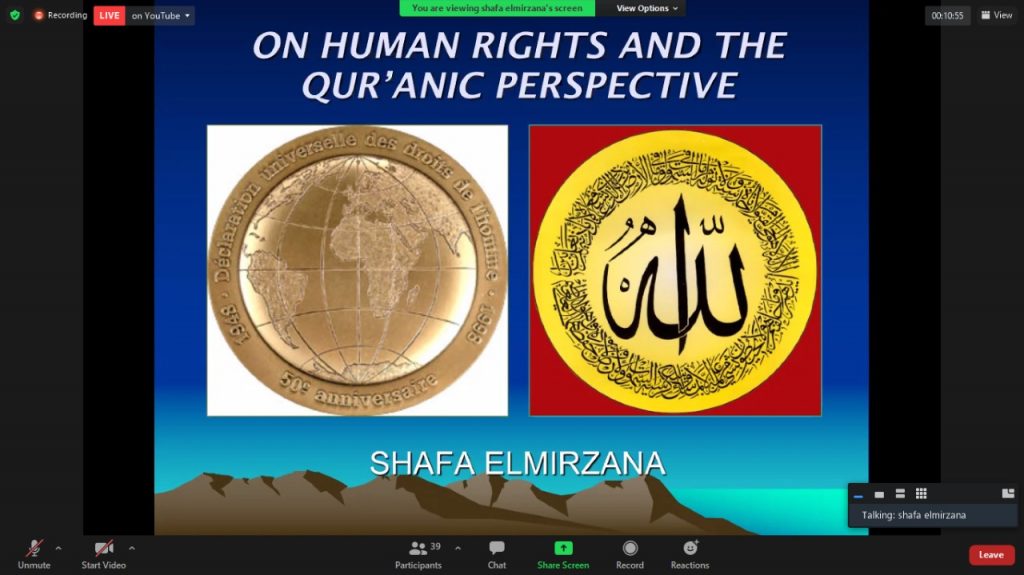Deontology Aspect of P-Care Utilization in the First Healthcare Facility in Yogyakarta (Raboan Discussion Forum)
Wednesday (24/11), Center For Bioethics and Medical Humanities held weekly Discussion Forum Raboan. CBMH UGM has brought a recent issue about ethics and health practice that is Deontology Aspect of P-Care Utilization in the First Healthcare Facility in Yogyakarta. This topic is presented by Zahwa Arsy Azzahra S.T., M.Sc. Also present as moderator is Puri Swastika GKD, SE, M.Sc.
According to Zahra, the use of Big Data in healthcare services has the potential to be misused. Based on Lenca’s research on Big Data, there is misuse potential in privacy and confidentiality, informed consent, Fairness, and Justice, etc.
Today, Badan Penyelenggara Jaminan Sosial Kesehatan (BPJS Indonesia) has using digital data to improve Healthcare Facility services. Thus, Zahra trying to find the ethical aspect especially the Deontology of BPJS system called P-Care (Primary Care) in Yogyakarta. Zahra said that finding the deontology aspect on the big data use is crucial because patient data is a private matter.
Based on Zahra’s findings there are three ethical issues on P-Care. The first is privacy and confidentiality. It is caused by the lack of ethical understanding of the respondents. Another issue found is a safety issue. Zahra’s respondents stated that BPJS as the system provider does not support a high-quality safety system. Another issue found is informed consent. This is caused by the involvement of third parties in P-Care data input.
Watch full video here


